Ah, Chania! The jewel of western Crete, with its Venetian harbor, winding alleys, and pristine beaches. But let’s be honest, fellow Crete aficionados – we’ve been there, done that, and bought the t-shirt (probably from that charming little shop near the lighthouse, am I right?).
So, what’s a seasoned Crete lover to do when they’ve explored every nook and cranny of Chania town? Fear not, my travel-savvy friends! It’s time to venture off the beaten path and discover the hidden treasures that lie in the lesser-known villages of Chania. Buckle up, put on your comfiest walking shoes, and let’s embark on a journey to seven underrated villages that will make you fall in love with Chania all over again!
1. Theriso: Where History Meets Nature
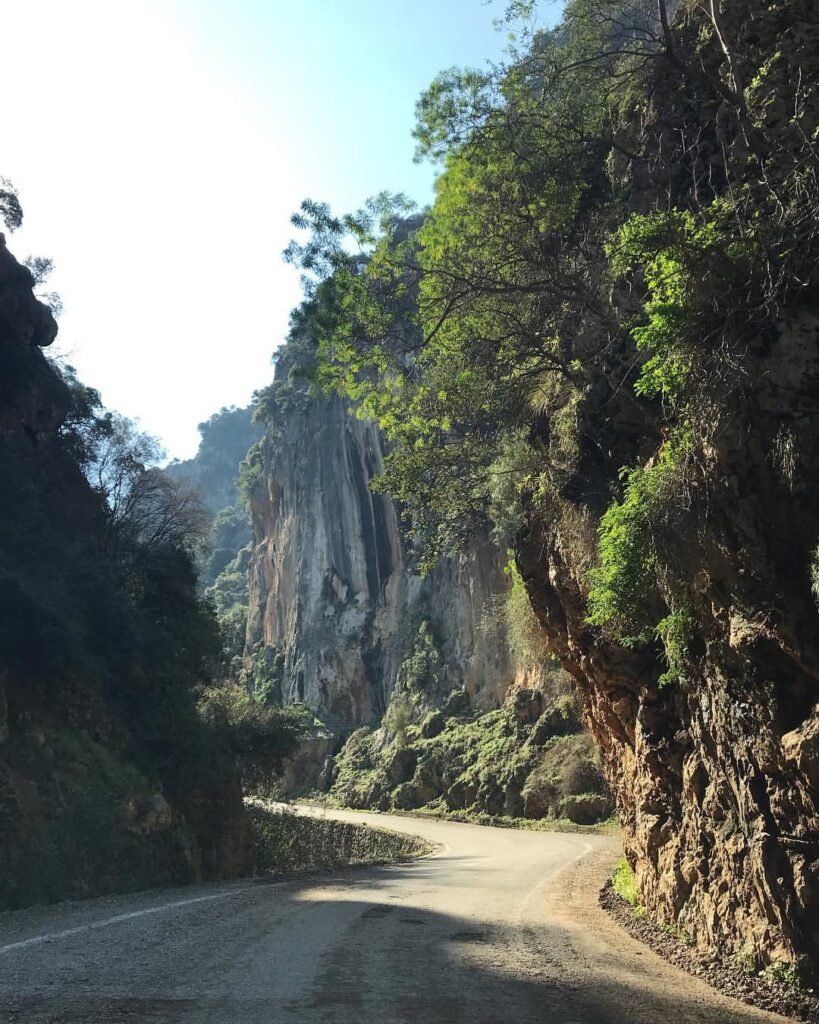
Nestled in the foothills of the White Mountains, Theriso is like that quiet, mysterious classmate who turns out to have the most fascinating stories. Just 16 km south of Chania town, this village packs a historical punch that would make even the most jaded history buff sit up and take notice.

Why it’s special:
- Birthplace of Eleftherios Venizelos, one of Greece’s most important political figures.
- Site of the 1905 Theriso Revolt, a crucial event in Crete’s fight for union with Greece. Talk about village drama!
- Surrounded by a gorgeous gorge that’s perfect for hiking. Nature and history in one package? Yes, please!
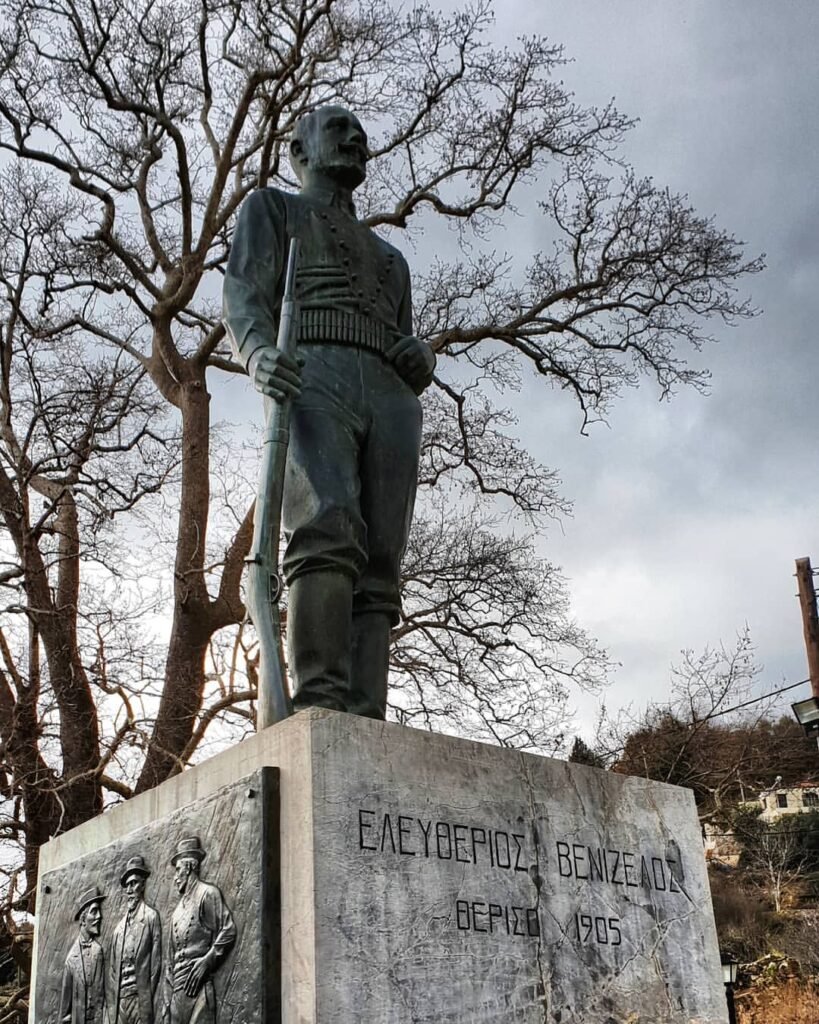
Don’t miss:
- The Historical and Folklore Museum. It’s like stepping into your great-grandmother’s attic, if your great-grandmother was a revolutionary hero.
- Local tavernas serving mountain specialties. Try the graviera saganaki – it’s so good, you might consider moving here permanently.
Pro tip: Visit in August for the annual re-enactment of the Theriso Revolt. It’s like a historical reenactment meets village festival, with less itchy costumes and more souvlaki.
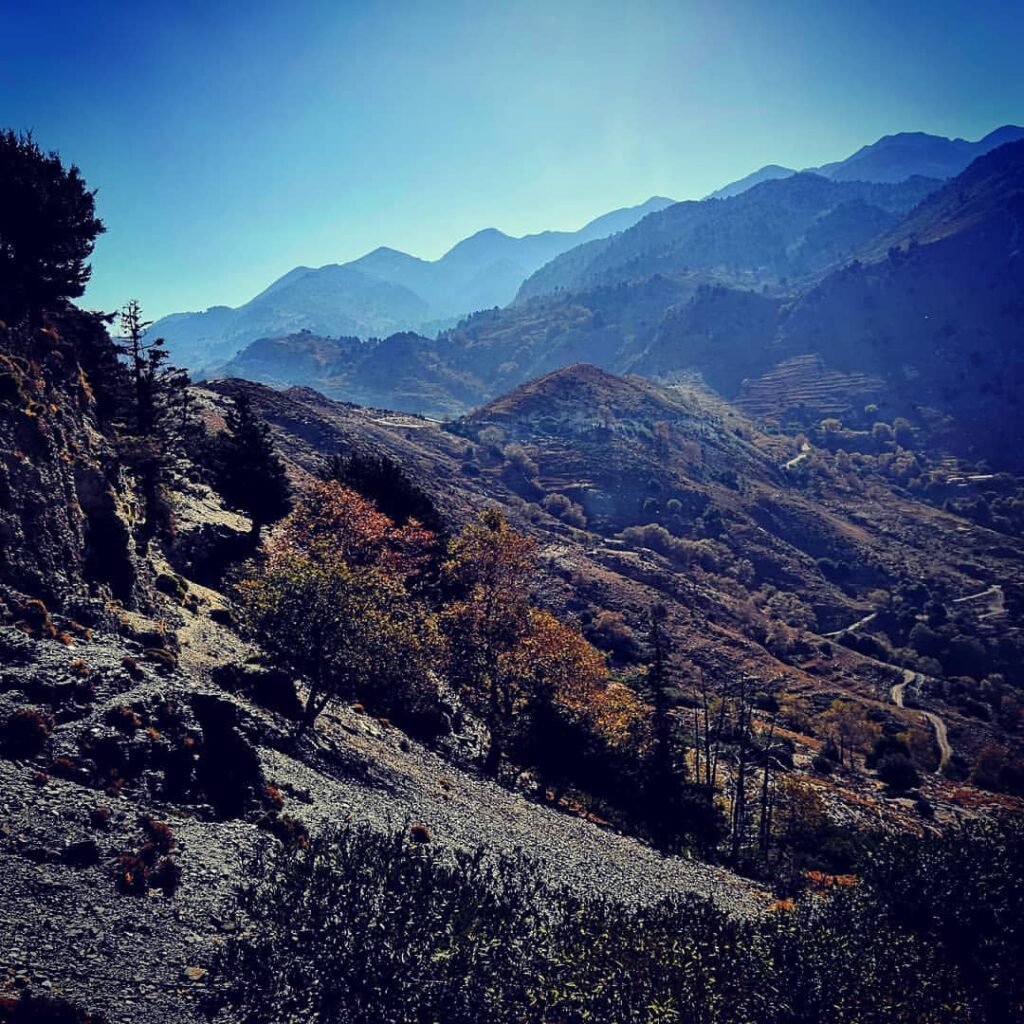
2. Milia: Eco-Paradise in the Mountains

Imagine a village that decided to take a 100-year nap and woke up to find the rest of the world had gone a bit bonkers with technology. That’s Milia for you – a 17th-century village turned eco-resort that’s so off-grid, your phone might just give up and decide to become a paperweight.
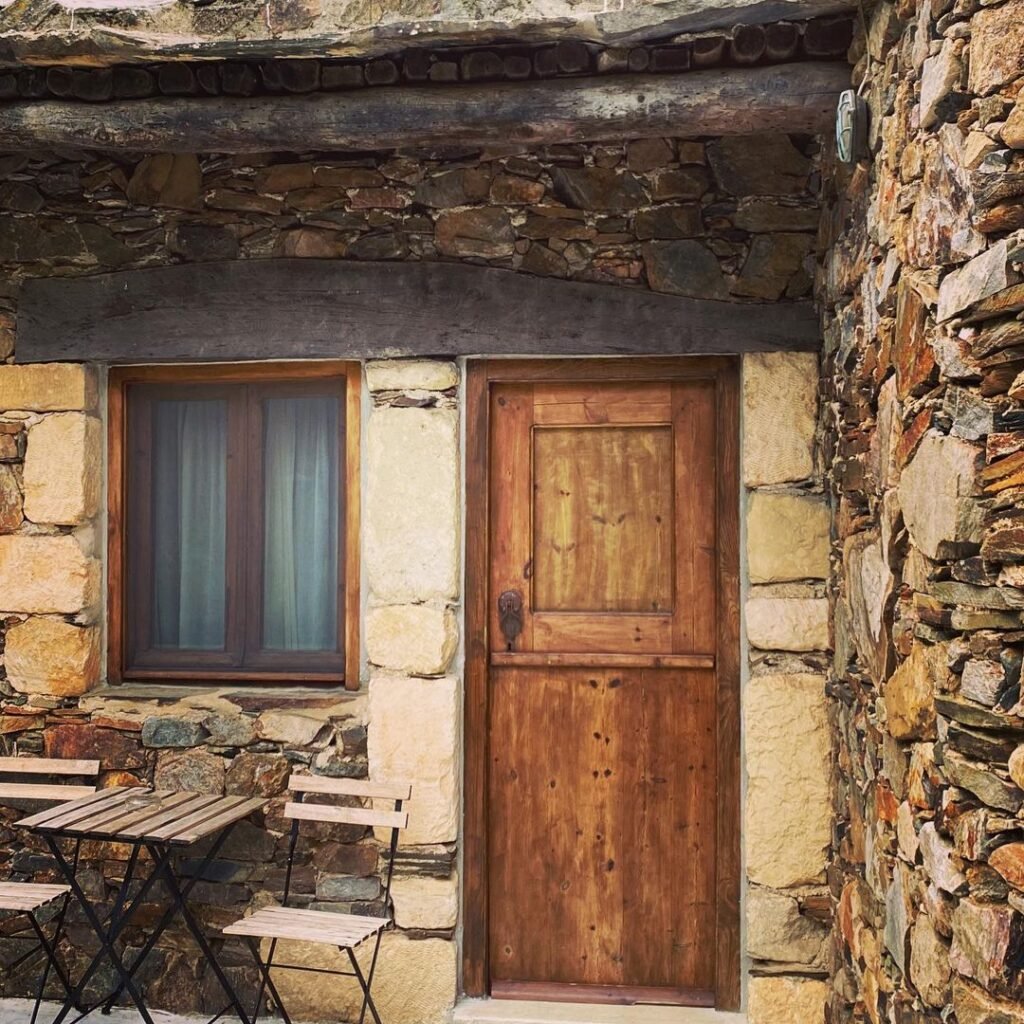
Why it’s special:
- Completely restored using traditional methods. It’s like time travel, but with better plumbing.
- Runs entirely on renewable energy.
- Organic farm-to-table cuisine that will make you question every salad you’ve ever eaten before.
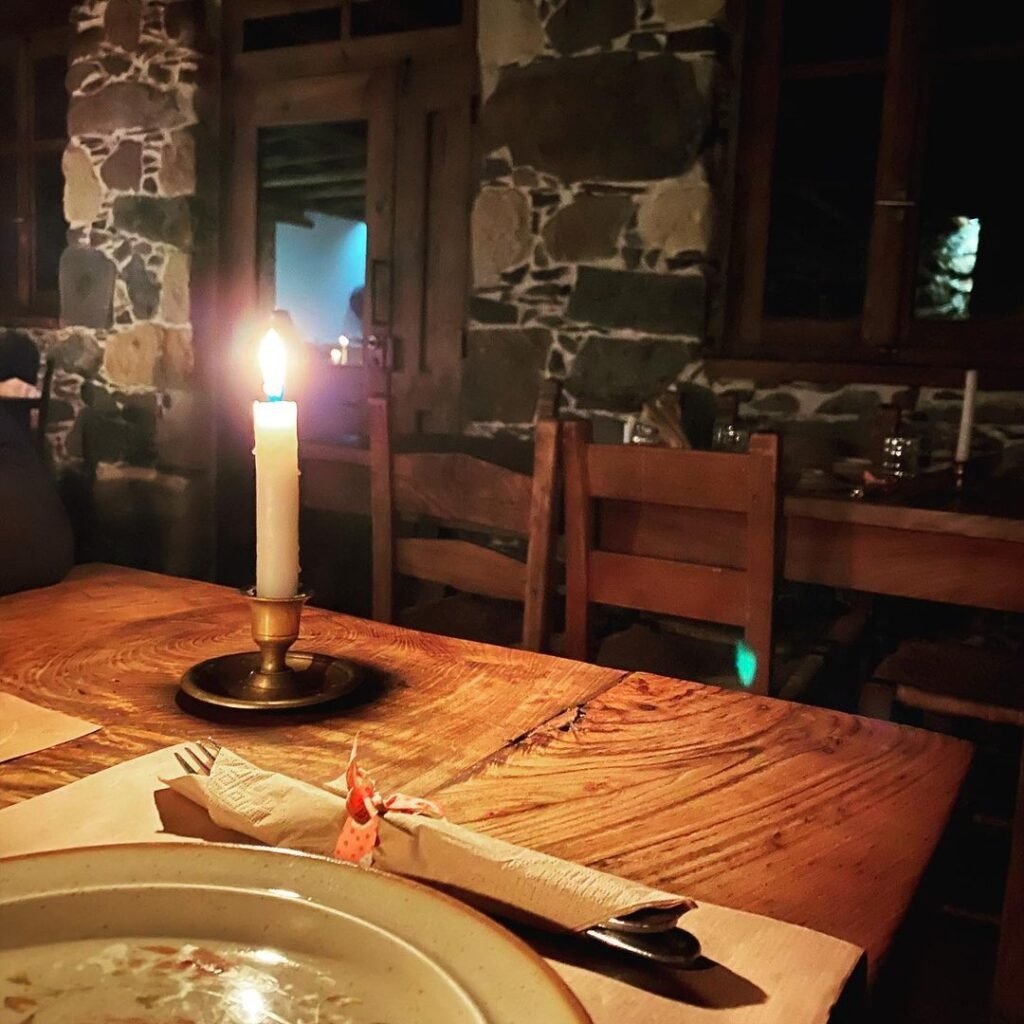
Don’t miss:
- Staying in one of the restored stone houses. It’s the closest you’ll get to living in a fairy tale.
- Hiking trails that lead to secret swimming holes. Who needs a crowded beach when you can have a private forest pool?
Pro tip: Book well in advance, especially for summer. This hidden gem isn’t so hidden anymore, thanks to word-of-mouth recommendations from enchanted visitors (it seems even paradise can’t escape a good review!).

3. Vamos: The Village of All Trades

Vamos is a village of many talents and constant renewal. Located in the heart of Apokoronas, this charming settlement has undergone a remarkable transformation over the years. Once at risk of being abandoned, Vamos has blossomed into a vibrant center of traditional Cretan culture, showcasing the resilience and creativity of its inhabitants.
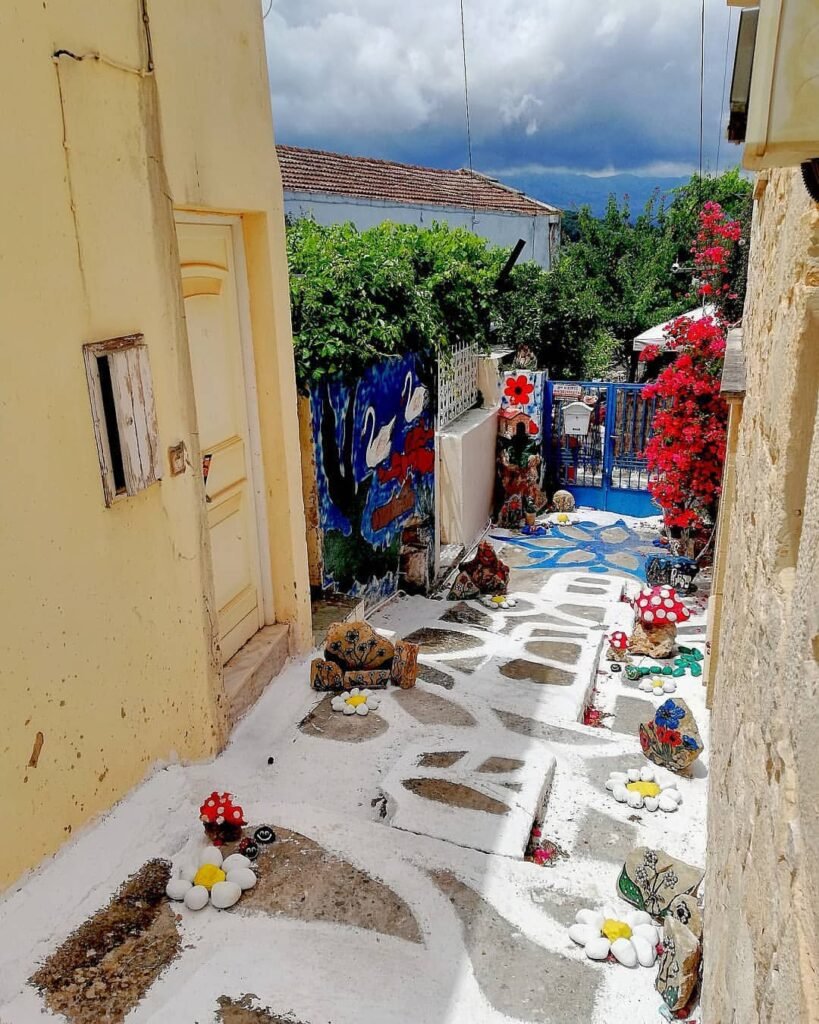
Why it’s special:
- A perfect blend of traditional architecture and modern amenities. Think stone houses with Wi-Fi.
- Home to a variety of workshops preserving traditional crafts. Pottery, weaving, woodcarving – you name it, they’ve got it.
- A gastronomic paradise with cooking classes that will have you whipping up dakos like a pro in no time.

Don’t miss:
- The old olive oil factory turned cultural center. Because nothing says “culture” quite like the smell of centuries-old olive oil.
- The annual Vamos Jazz Festival. Yes, you read that right. Jazz in a Cretan village. It works, trust me!

Pro tip: Join a cooking class and learn to make kalitsounia (Cretan Cheese Pies). Your future dinner party guests will thank you (and so will your taste buds).
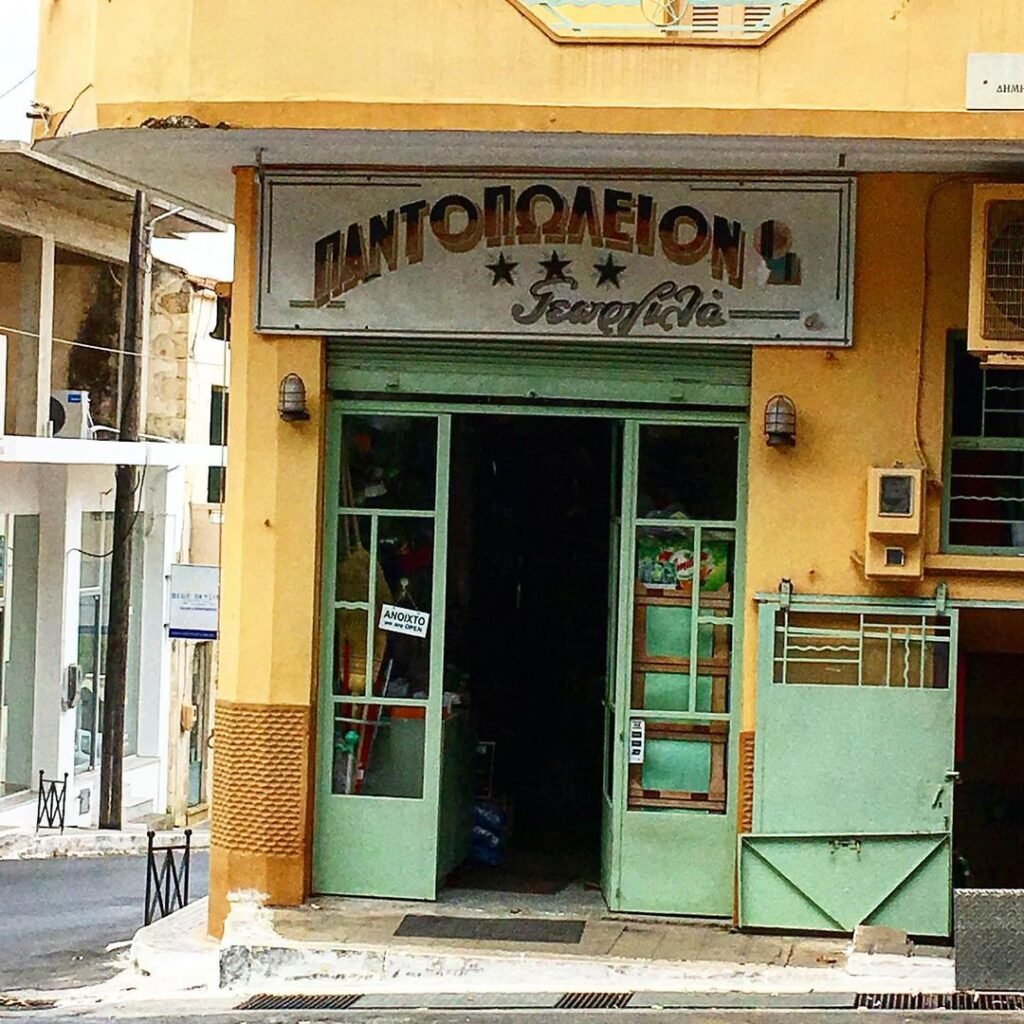
4. Loutro: The Car-Free Coastal Haven
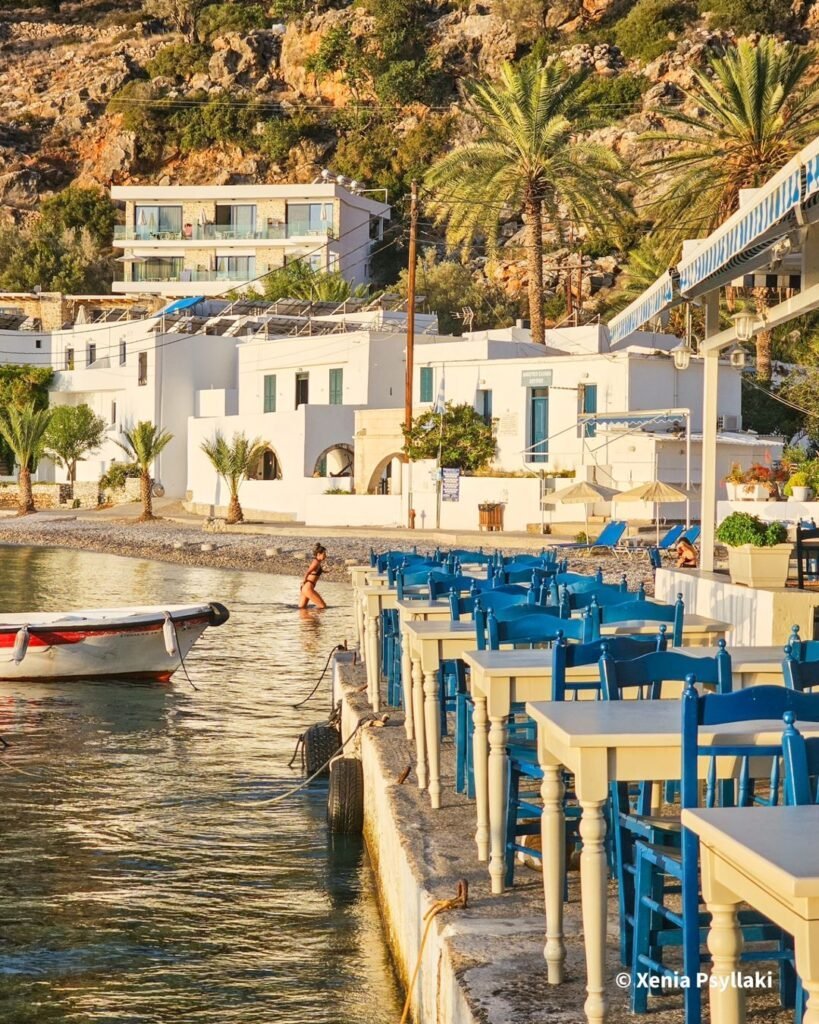
Accessible only by boat or foot, Loutro is what happens when a village decides traffic jams are overrated. This tiny coastal hamlet on the south coast of Chania is so picturesque, it looks like it was designed specifically for postcards.
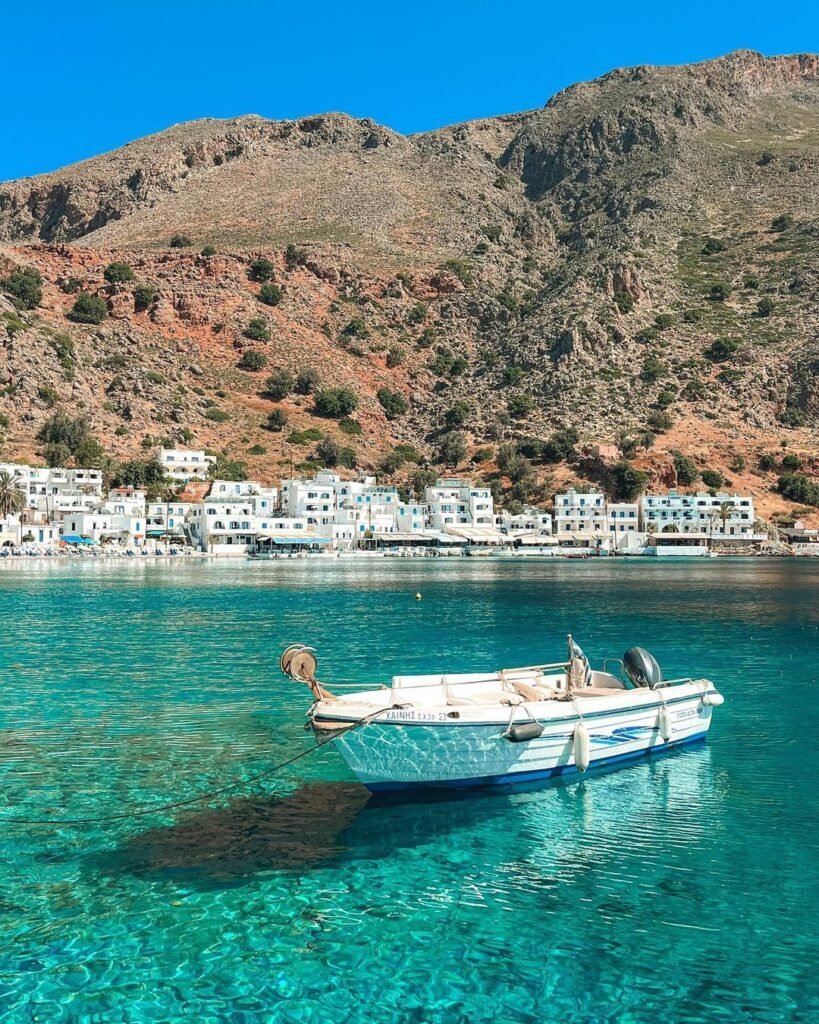
Why it’s special:
- No cars allowed. The only honking you’ll hear is from the occasional overexcited tourist spotting a fish.
- Crystal-clear waters that are so blue, you’ll think someone sneaked in and painted the sea while you weren’t looking.
- A laid-back atmosphere that’s more relaxing than a year’s worth of yoga retreats.
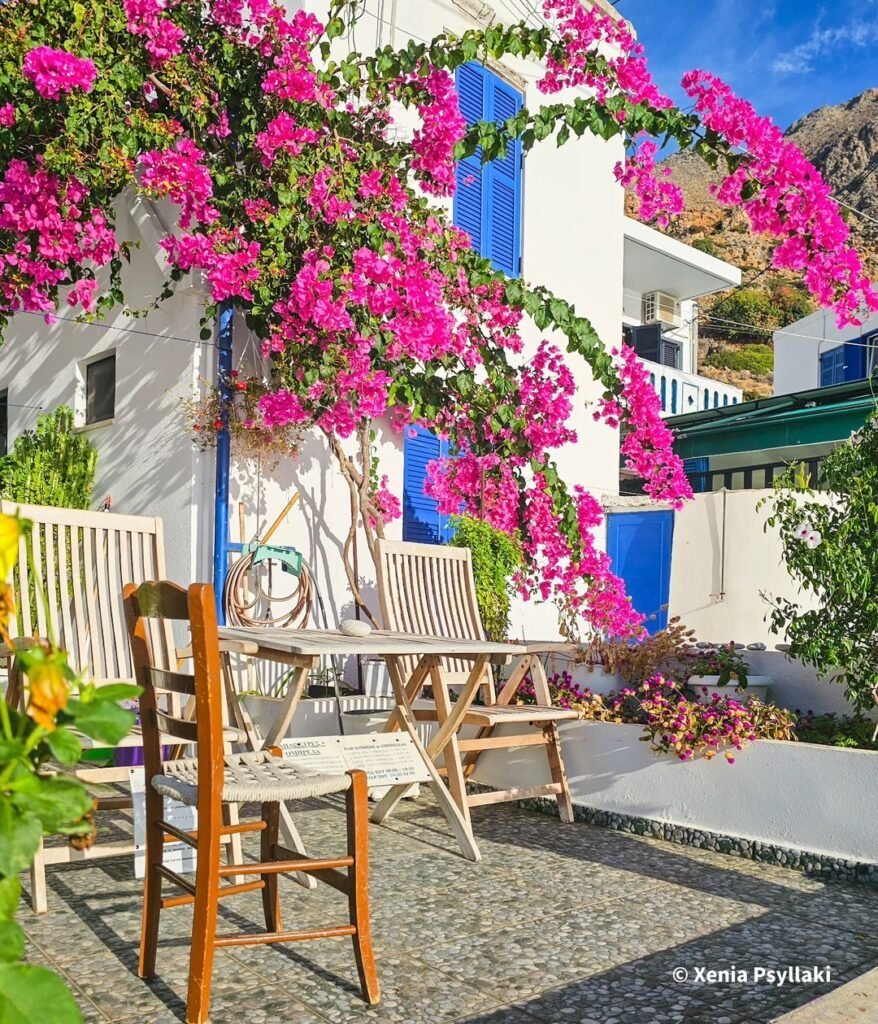
Don’t miss:
- The hike to Sweetwater Beach. The name alone should be enough to tempt you.
- Fresh fish at the waterfront tavernas. If it were any fresher, it would still be swimming.
Pro tip: Pack light. Remember, you’ll either be walking or taking a boat to get here. Your back (and your fellow boat passengers) will thank you.
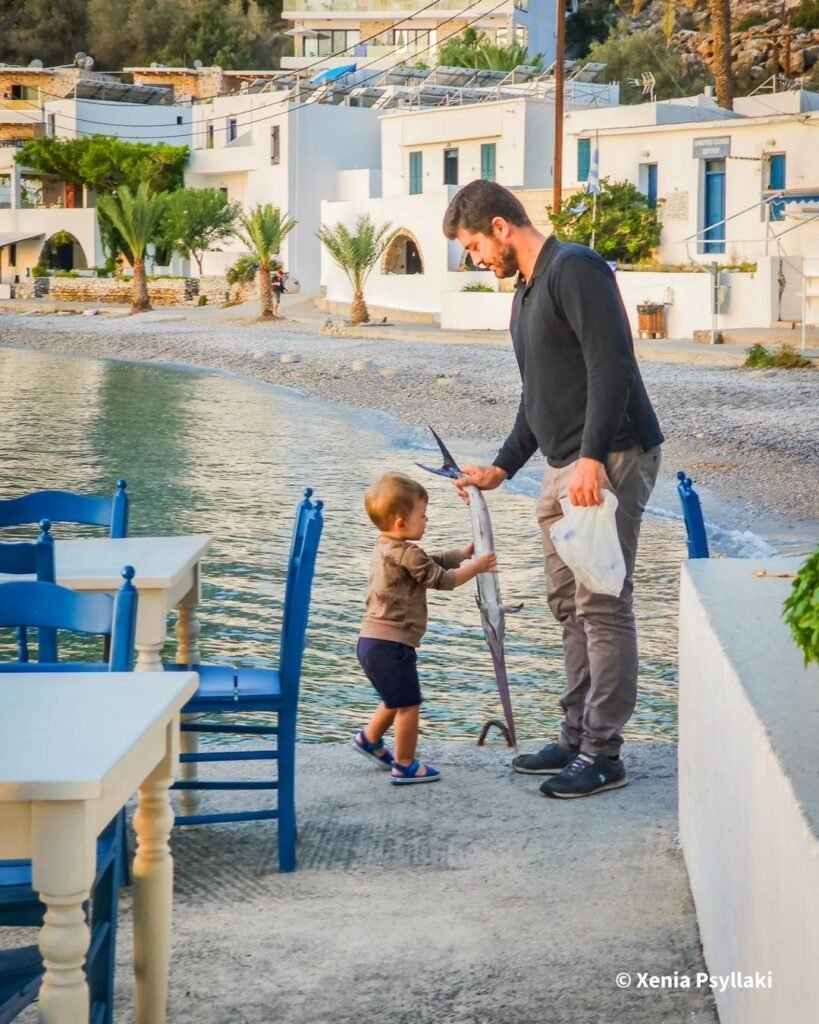
5. Paleochora: The Rebel of the South
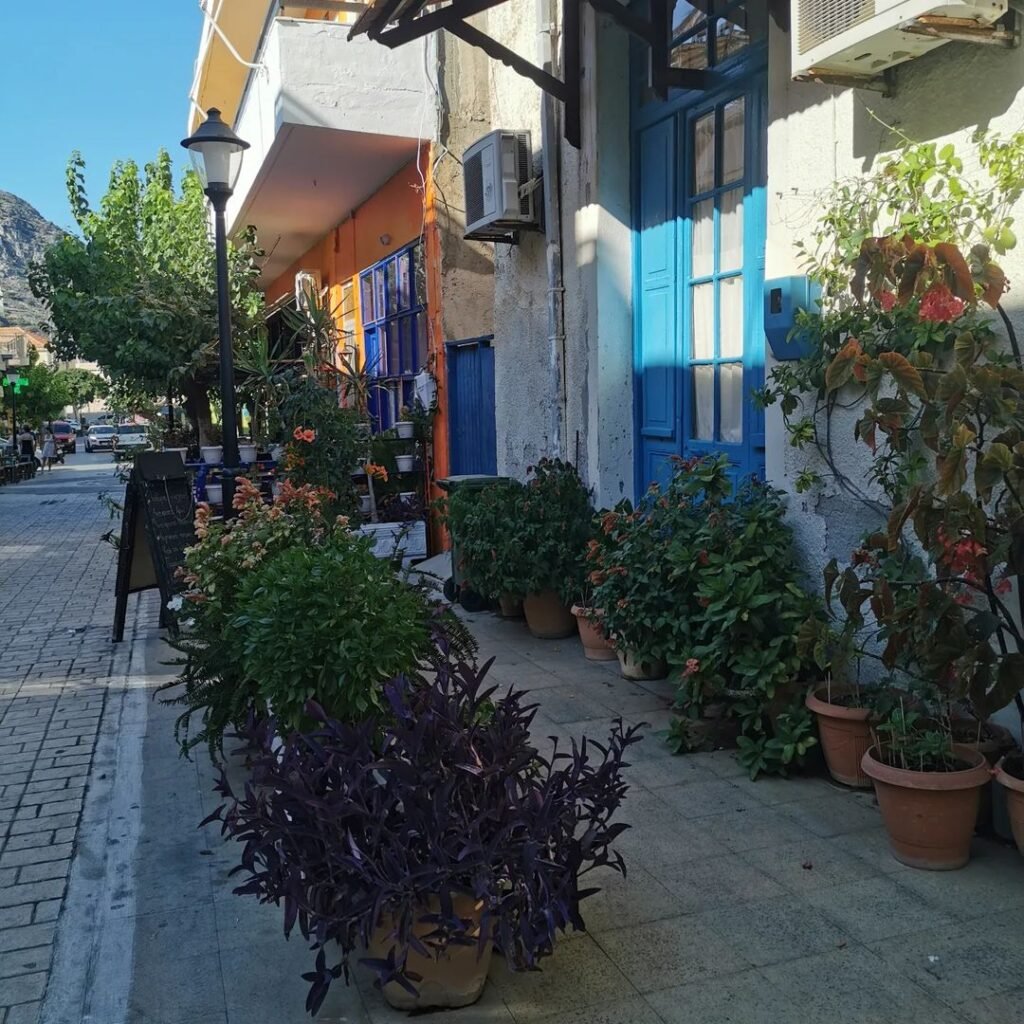
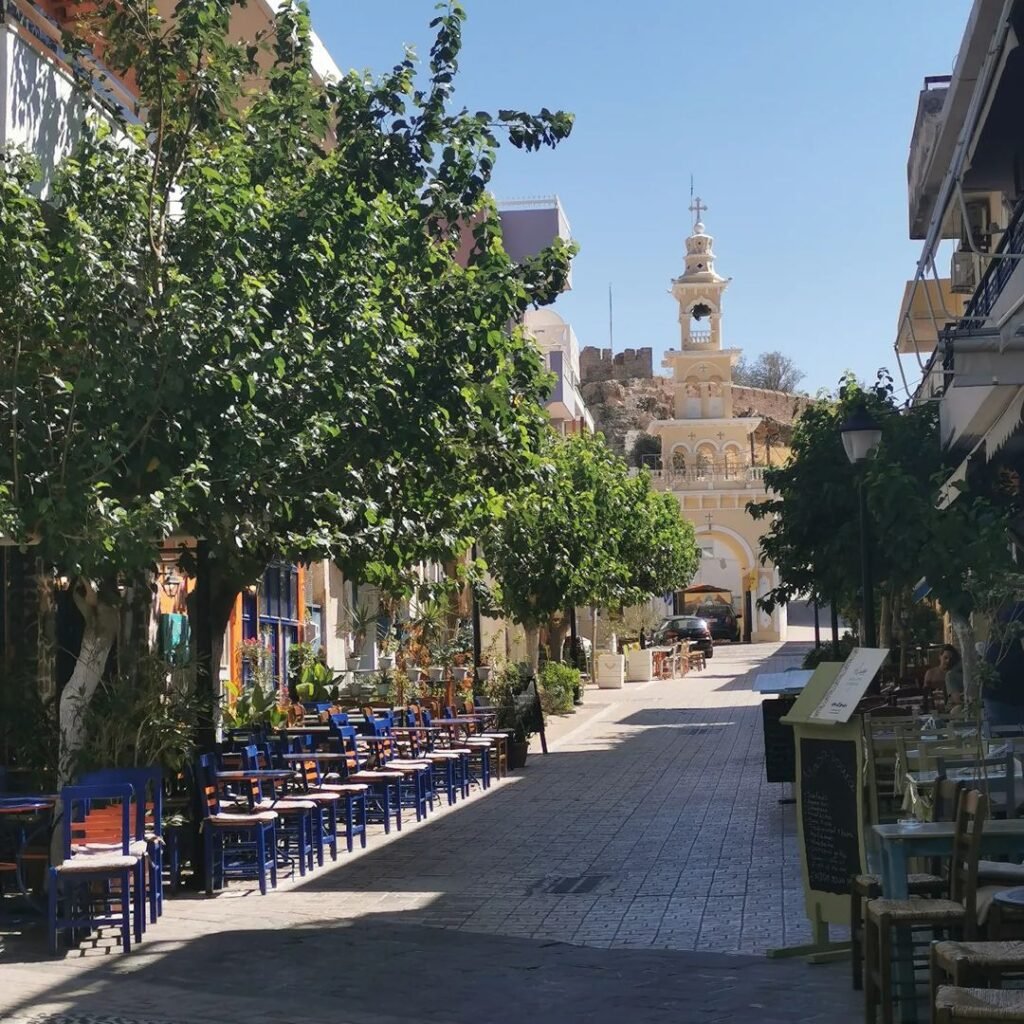
Paleochora offers a distinctive and laid-back atmosphere that sets it apart from other Cretan villages. Situated on a peninsula on the southwest coast, this charming locale has developed its own unique character, blending traditional Cretan elements with a touch of bohemian flair.
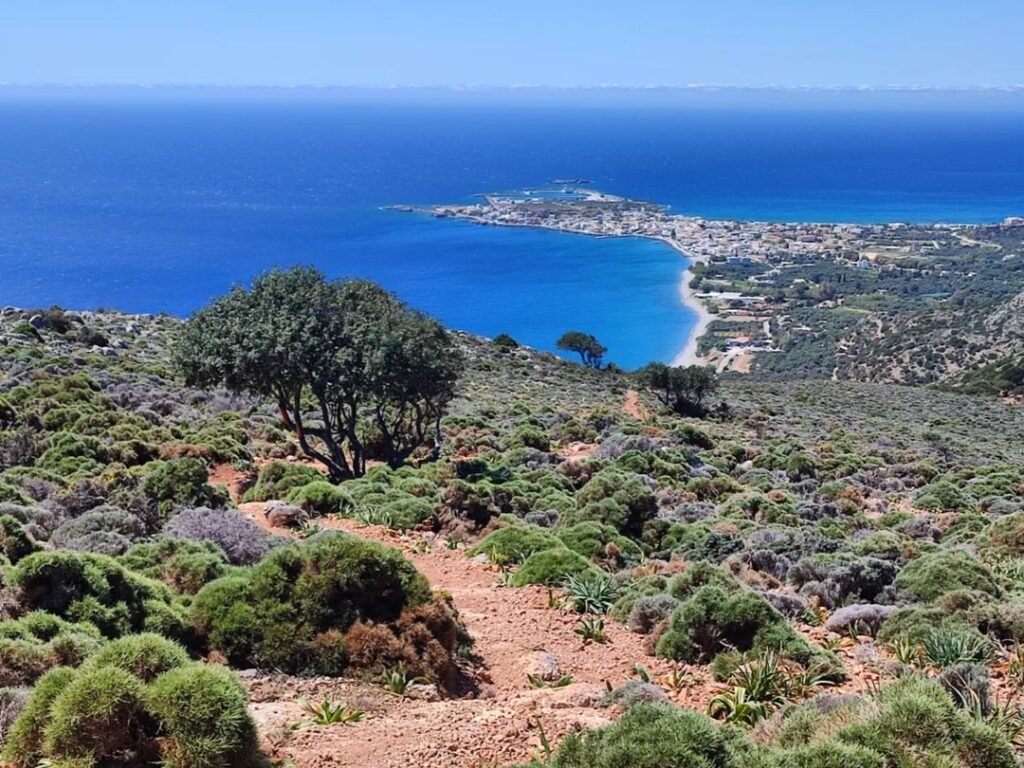
Why it’s special:
- Two distinct beaches offering different experiences: a pebbly beach on one side of the peninsula and a sandy one on the other. This variety allows visitors to choose their preferred beach setting each day.
- A microclimate that ensures good weather almost year-round.
- A harmonious blend of traditional Cretan culture and contemporary artistic influences, creating a unique and welcoming atmosphere.

Don’t miss:
- The ruins of a Venetian castle. Because every cool village needs a mysterious old ruin.
- The Paleochora Rock Festival, an annual summer event that brings together local and international musicians. It’s a lively celebration of music set against the backdrop of Crete’s beautiful landscape.
Pro tip: Rent a bike and explore the nearby beaches. Just remember to pack plenty of water – that microclimate can get pretty toasty!
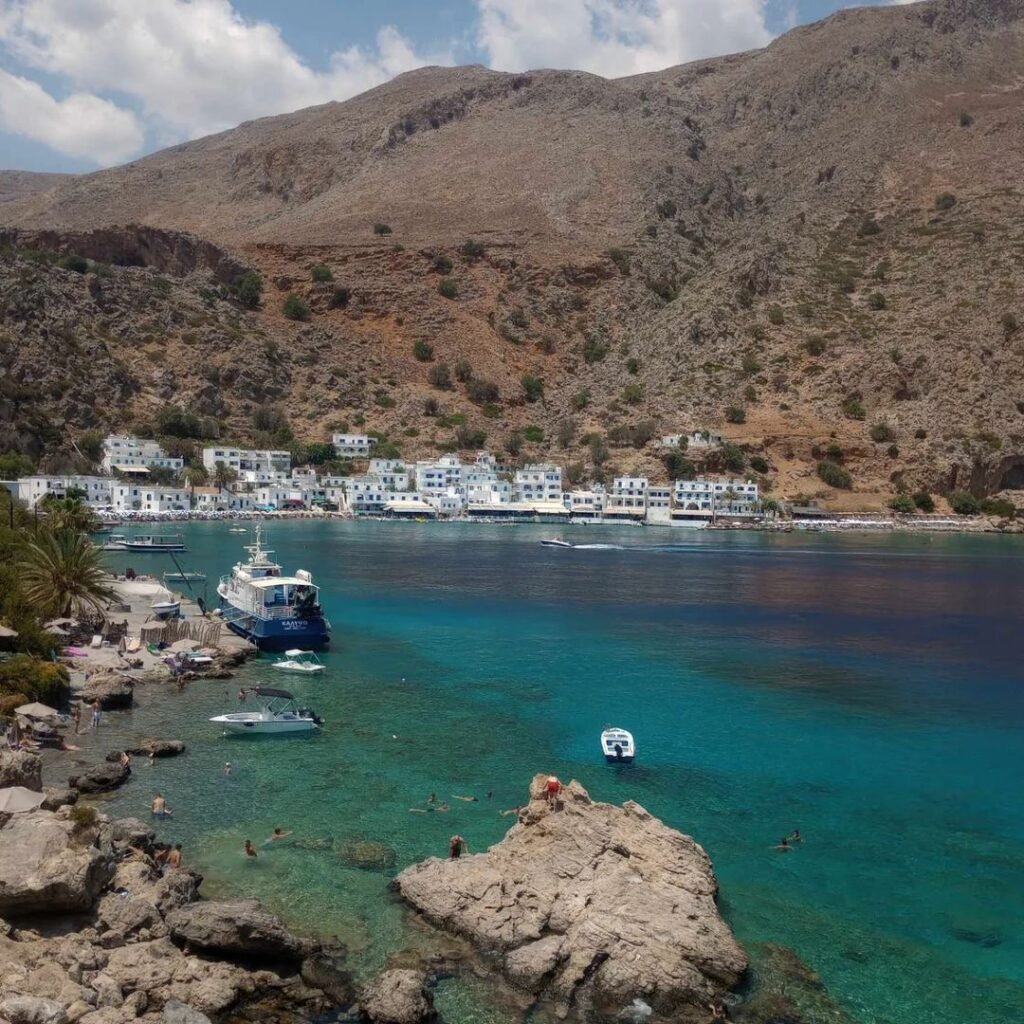
6. Sfakia: Where the Wild South Roams
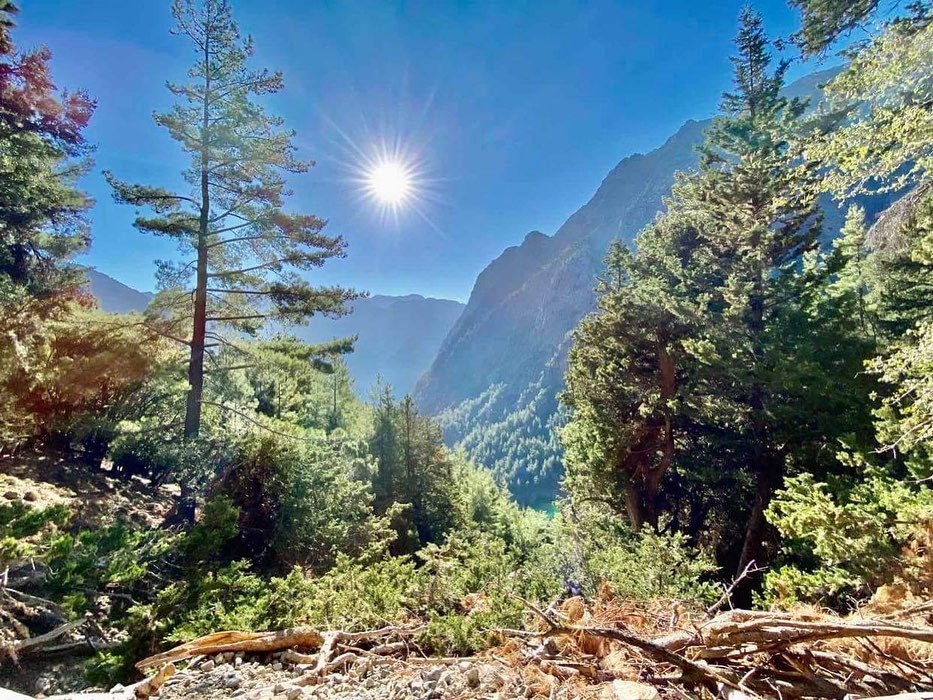
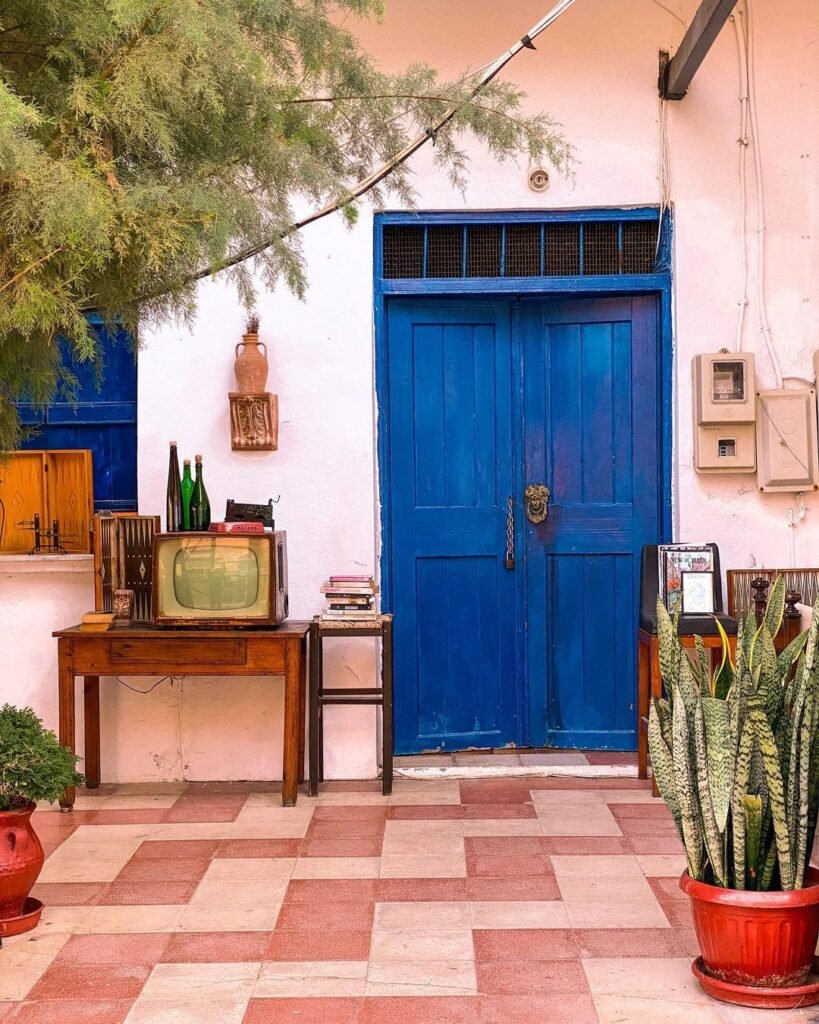
Sfakia stands out among Chania’s villages for its striking landscape and proud heritage. This coastal village, where the imposing White Mountains meet the Libyan Sea, is known for its dramatic scenery and the independent spirit of its inhabitants. Sfakia’s unique character has been shaped by its geographical isolation and a history of resistance against various occupying forces.
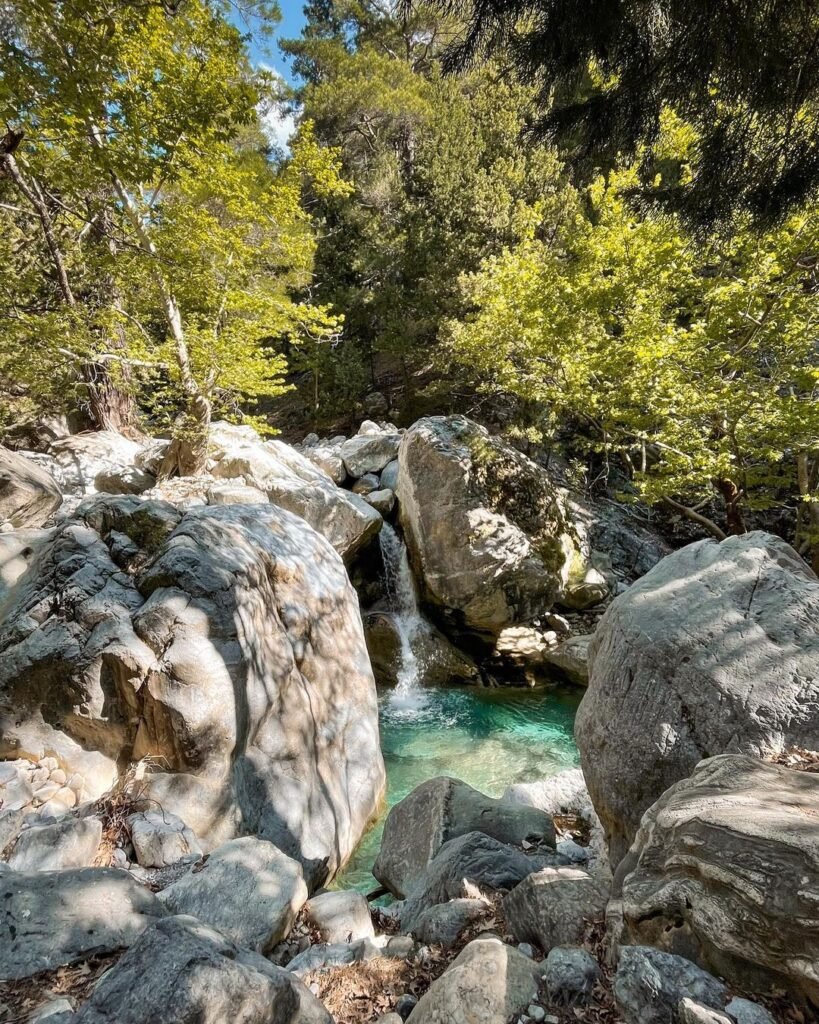

Why it’s special:
- Home to some of the most fiercely independent people in Crete. They resisted everyone from the Venetians to the Nazis. Don’t mess with Sfakia!
- Gateway to the famous Samaria Gorge. Because nothing says “vacation” quite like a 16 km hike through one of Europe’s longest canyons.
- Some of the best slow-cooked goat you’ll ever taste. Those mountain herbs work magic!
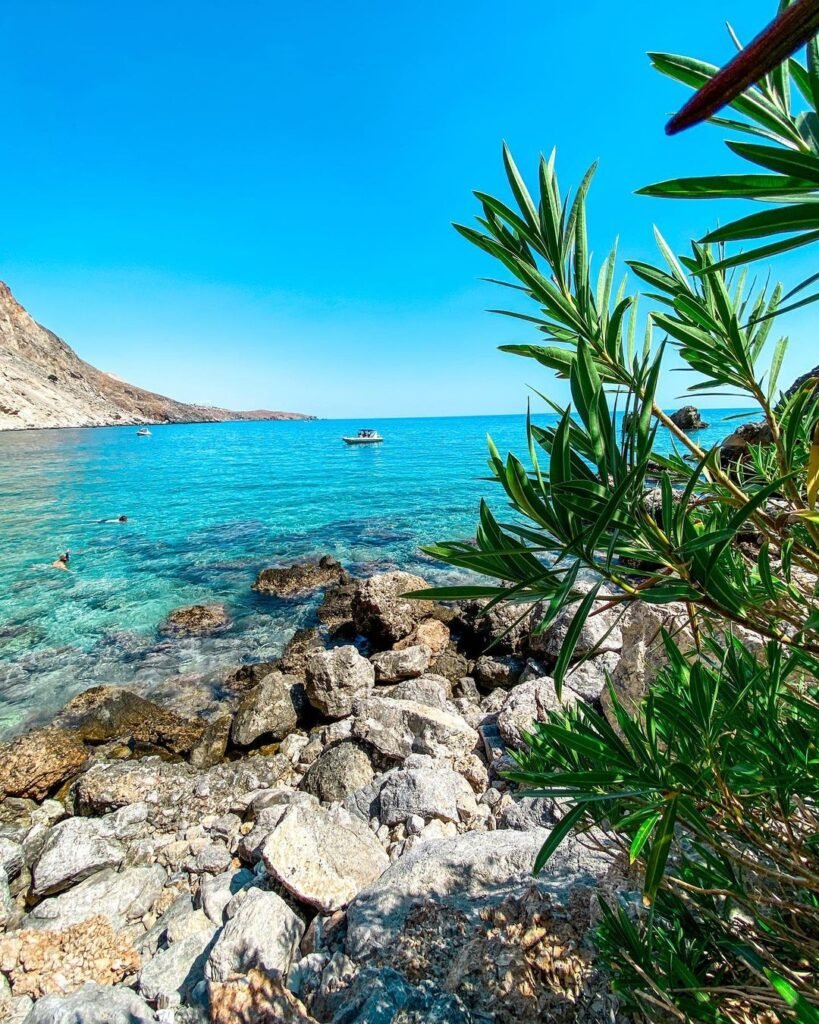
Don’t miss:
- The breathtaking sunset views from the harbor, offering a spectacular display of colors over the Libyan Sea.
- A boat trip to nearby Loutro or Glyka Nera beach, both known for their crystal-clear waters and secluded beauty.
- Sampling the local sfakian pita, a delicious cheese-filled pastry that’s often served with honey. This traditional dish is a true taste of Sfakia’s culinary heritage.
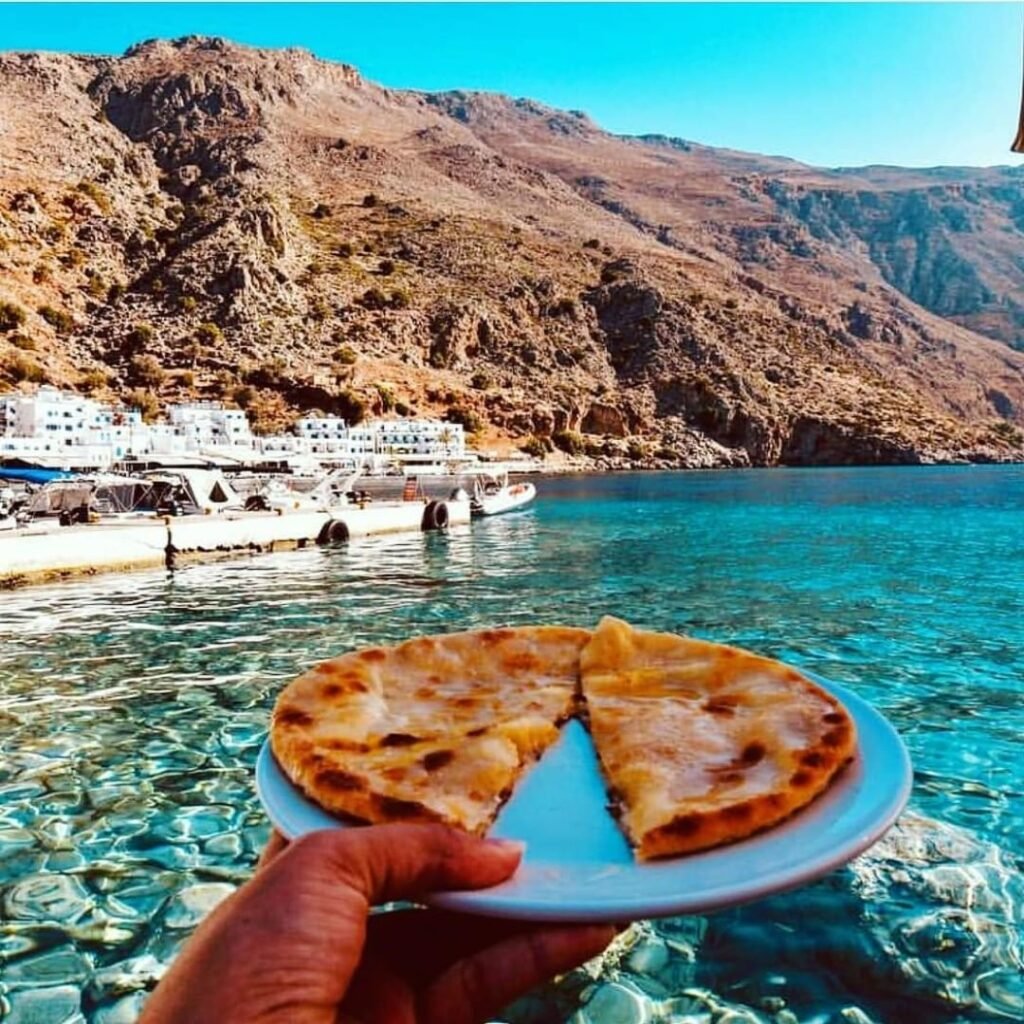
Pro tip: Learn a few words of the local Sfakian dialect. It’s like regular Greek, but with extra testosterone and a dash of mountain air.
7. Vouves: Home of the Eternal Olive Tree
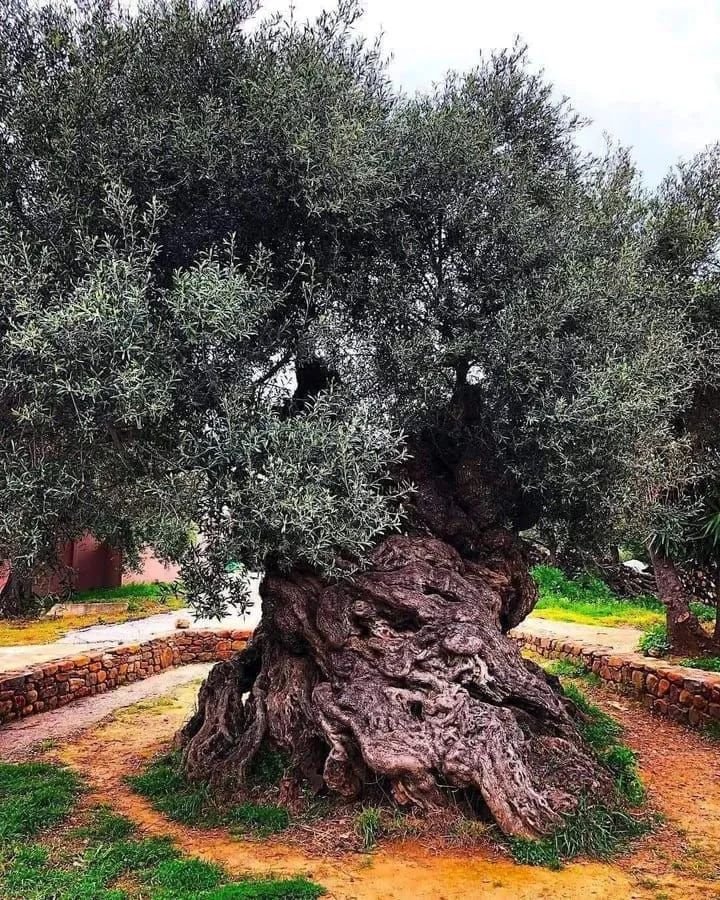
Last but not least, we have Vouves – a village that proves good things come in small packages. This tiny hamlet in Kolymvari might not have the dramatic landscapes of Sfakia or the jazz festivals of Vamos, but it has something even better: one of the oldest olive trees in the world.

Why it’s special:
- The Monumental Olive Tree of Vouves, estimated to be 2000-4000 years old. This tree has seen more history than all of us combined.
- A museum dedicated to olive oil production, offering insights into the historical and cultural significance of olive cultivation in Crete.
- Surrounded by some of the best olive groves in Crete. The olive oil here is so good, you’ll want to bathe in it.
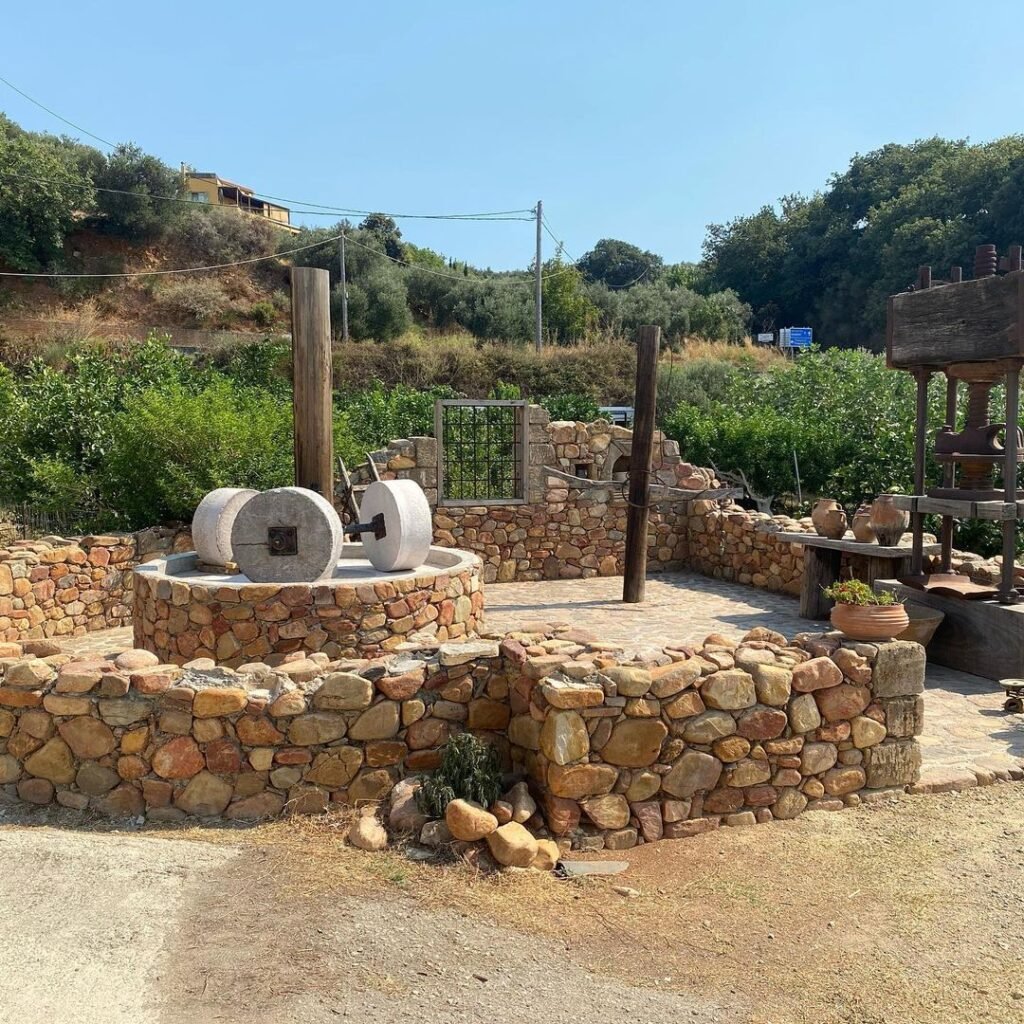
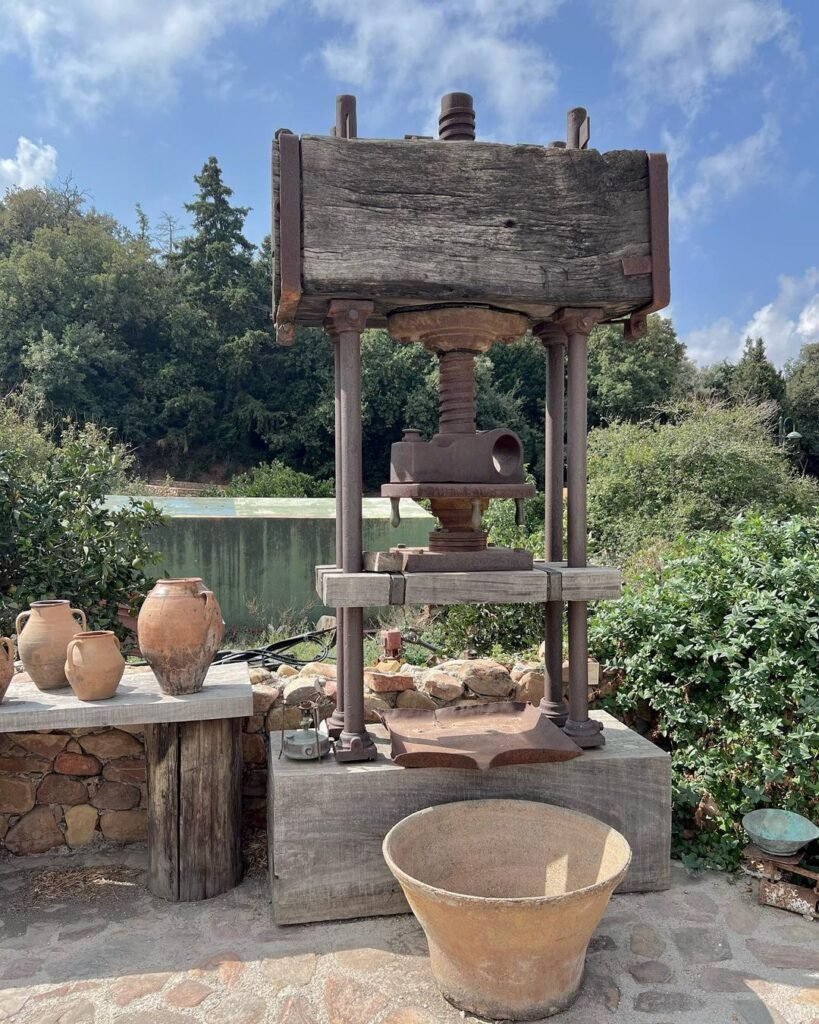
Don’t miss:
- The annual harvest festival in October. It’s like Oktoberfest in Germany, but with less beer and more olive oil.
- The opportunity to participate in an olive tree adoption program. This initiative allows visitors to contribute to the preservation of Crete’s ancient olive groves and support local agricultural traditions, fostering a lasting connection with the island’s rich heritage.

Pro tip: Buy some olive oil to take home. It’s the souvenir that keeps on giving (at least until you run out and have to book another trip to Crete).
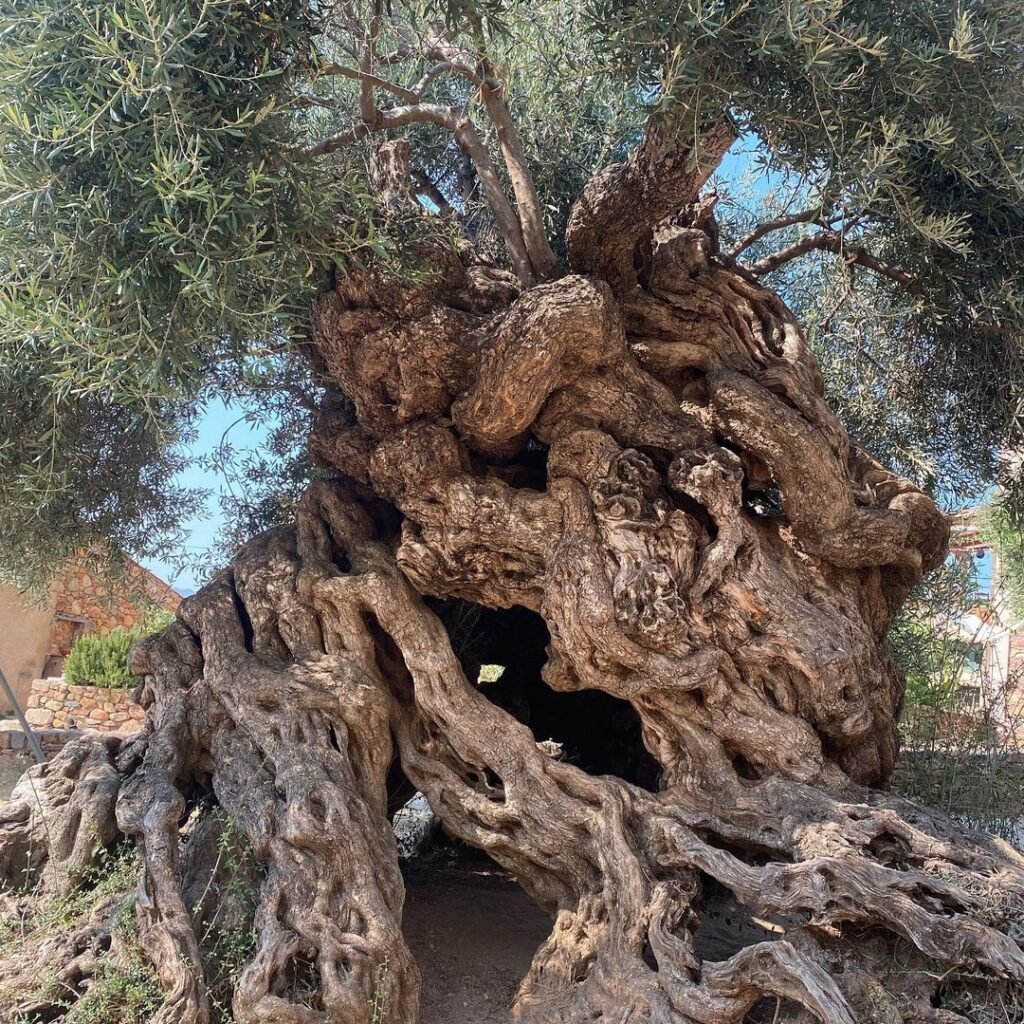
Wrapping Up: Your New Chania Bucket List
There you have it, folks – seven villages that prove there’s more to Chania than its admittedly gorgeous old town. From eco-retreats and jazz festivals to ancient trees and car-free paradises, these villages offer a side of Crete that many tourists miss.
So, on your next trip to Chania, why not venture beyond the familiar? Swap the crowded beaches for a secret mountain pool, trade the tourist tavernas for a cooking class in a traditional village, or exchange your hotel room for a restored stone house in an eco-resort.
Remember, the best travel experiences often come from the places you least expect. And who knows? You might just find your own little piece of Cretan paradise along the way. Just don’t tell too many people about it – we want to keep these villages our little secret, right?
Now, if you’ll excuse me, all this talk of villages has made me crave some graviera cheese and slow-cooked goat. I’ll be in Sfakia if you need me – just listen for the sound of bouzouki and sizzling meat. Opa!
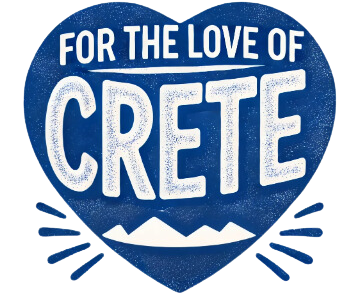

Thank you so much.
Your experiences and way in highlighting them is pure joy.
Ευχαριστώ πολύ! (Efharistó polí!) I’m so pleased to hear you enjoyed reading this article and it brought you joy! Mission accomplished 🙂
(Bella)
Loved the article about the 7 Chania Villages, but it should be 8, add Azogires!!
I hear you! Azogires truly is a special place, full of history, legends, and that unique Cretan spirit. You’ve inspired me, and I’m planning to dedicate a whole article to Azogires soon so we can all discover (or rediscover!) the magic of this remarkable village in the south of Chania. Stay tuned, and thank you for being part of our community!
Με πολλή αγάπη – with much love,
Bella 💙